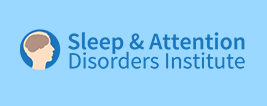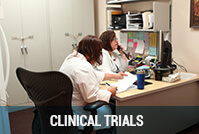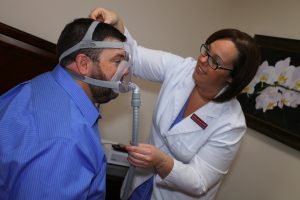Cannot tolerate APAP? You are not alone!
Cannot tolerate APAP? You are not alone!
Are you one of those who cannot tolerate APAP (Auto-titrating Positive Airway Pressure) for sleep apnea? You are not alone! Sleep apnea is diagnosed based on finding apneas (90% decrease in airflow) and hypopneas (30% decrease in airflow plus 4% drop in blood oxygen). APAP works by supposedly detecting apneas and hypopneas, and increasing pressure. However, breathing is quite irregular. Therefore, there is no computer method developed yet that reliably detects apneas and hypopneas. Moreover, APAP does not monitor blood oxygen. Therefore, it really cannot detect hypopneas (which, by definition, require drops in blood oxygen).
Therefor APAP increases pressure when it should not because it detects non-existent hypopneas. The pressure gets too high, causing sleep disturbances (arousals and awakenings). These sleep disturbances may make you tired next day, and may make you take the APAP off during sleep.
APAP also misses some real hypopneas with drops in blood oxygen. This means sleep apnea may not be well controlled, resulting in sleep disturbance. This may leave you tired and sleepy during the day. It may also not fully control the sleep apnea related increased risk of high blood pressure, heart attacks, strokes, diabetes, and sudden death. Since APAP does not monitor or control the blood oxygen level. Thus the oxygen level drops may continue, also increasing risk of high blood pressure, heart attacks, strokes, diabetes, and sudden death.
The constantly changing pressure may themselves create a problem
The brain has evolved to detect changes. It can get used to and learn to ignore almost anything that is constant (such as CPAP or continuous positive airway pressure). However, it is less likely to ignore unpredictably changing pressures (APAP). This may also increase sleep disturbances. That may be one reason why ASV (adaptive servo-ventilator, a special form of APAP in the way it is commonly used) actually increased death rates in patients with heart failure and sleep apnea.
In other words, CPAP is better than APAP. Nevertheless, many insurance companies insist on using APAP first as it saves them from paying for a CPAP titration (a sleep test in the sleep lab to determine the best CPAP setting). If you are not tolerating APAP or not doing well enough on it, seek out a CPAP titration and conversion to CPAP. If you would prefer, come see us. Our PAP adherence rate is 90%, compared to the national average of 59%!










